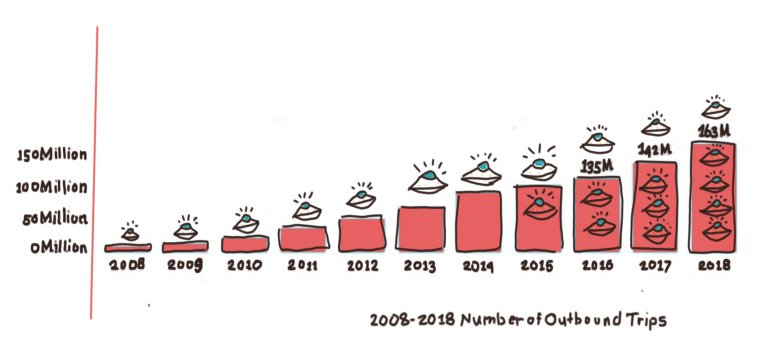Seeking opportunity in crisis
Among the many tantalizing tropes trotted out by diplomats and China watchers is one popularized in the late fifties by John F. Kennedy: that the Chinese word for “crisis” 危机 weiji is a combination of two characters for “danger” and “opportunity.''
While this interpretation is mildly controversial, it still pops up in mischievous comments by Al Gore and Susan Rice, among others.
Weiji sure does seem timely. Global turmoil inspires caution and deliberation, but also resolve and visionary action.
Specifically, today’s global turmoil brings to mind lessons from a previous crisis in China. When the SARS outbreak exploded, during the winter of 2002-2003, many companies and individuals fled or hunkered down, enveloping many aspects of China’s economy and society in a frightening and frustrating paralysis. The impact endured for years.
In its wake, however, SARS turns out to have driven tremendous innovation in the market and sparked a revolution in global commerce, exemplified by China’s dominant e-commerce and m-commerce platforms, as well as social media and entertainment powerhouses.
The primal fear of crowds drove SARS-weary shoppers to Alibaba’s Taobao marketplace, foodies to Kuaidi and online delivery platforms, movie-goers to Tudou and Youku, and people of all stripes to Weibo and QQ and Douyin — and Chinese life changed.
China’s is the largest e-commerce market in the world today, fuelled by nearly immediate delivery, high-touch customer service in seconds—not hours or days—and ubiquitous mobile online/offline payments. Tudou launched before YouTube, by the way, and China remains the leading online video market with more than 600 million users.
Destinations and brands desperate for a silver lining in the face of global uncertainty, take heart! China evolves and diversifies at break-neck speed. Today’s challenges will inevitably seed transformative innovations in product and service categories.
In the 40 years since Deng Xiaoping almost single handedly projected China’s economy and society into the future, China has become an economic juggernaut with the world’s largest foreign reserves ($3.1 trillion) and second largest GDP ($13.6 trillion). China’s share of the overall world economy grew from a mere 1.8 percent in 1978 to 21.9 percent in 2019.
The foundations of the ongoing boom in economic growth in China and its inevitable effect on global development have not changed.
China’s outbound tourists are already the world’s largest in both number and spending power. And with fewer than 10% of Chinese citizens holding a passport, this outward pressure is destined to grow.

Global destinations should use this opportunity to actively market to Chinese travellers and businesses. We advise destinations to take the following approaches to the China market:
Inform:
- the travel information gap is painful and frustrating for Chinese travellers: brands and destinations must take the opportunity to fill that gap in Chinese, and in a proactive and productive fashion. Seek ways to provide relevant, engaging information on platforms,
- especially WeChat, that Chinese tourists use every day — every hour actually—to satisfy their bucket-list demands.
Think:
- Patience and persistence is a necessity, not a predilection: maintain a long-term perspective, but be prepared to thoughtfully leverage near-term opportunities as they arise.
Make an offer:
- Chinese consumers and businesses still have ample cash to invest in worthwhile projects, and they seek to diversify into the global economy. Tourism and economic development go hand in hand, driving investment in key locations centred around local expertise and resources.
Avoid:
- shy away from sticky issues of global economics and politics (if possible) in any and all communications.
Transform:
- be fast and smart, or miss the opportunity.
Every brand, experience and destination is unique and will be affected in their own individual and distinct way, but brands and destinations that are proactive, trailblazing and position themselves out in front of this opportunity, as opposed to picking up the pieces and restructuring after the wave has already rolled through, will stay ahead of the largest tourism and economic development force in a generation. They will leapfrog their competitors. They will innovate triumphantly. They will source their own opportunity from crisis, and they will profit.
Weiji — Apropos, indeed.









